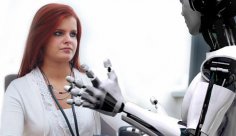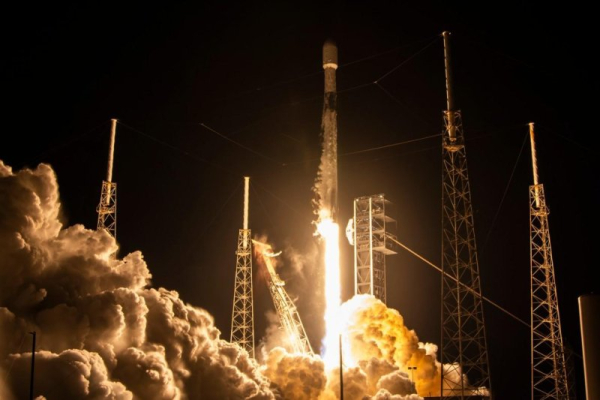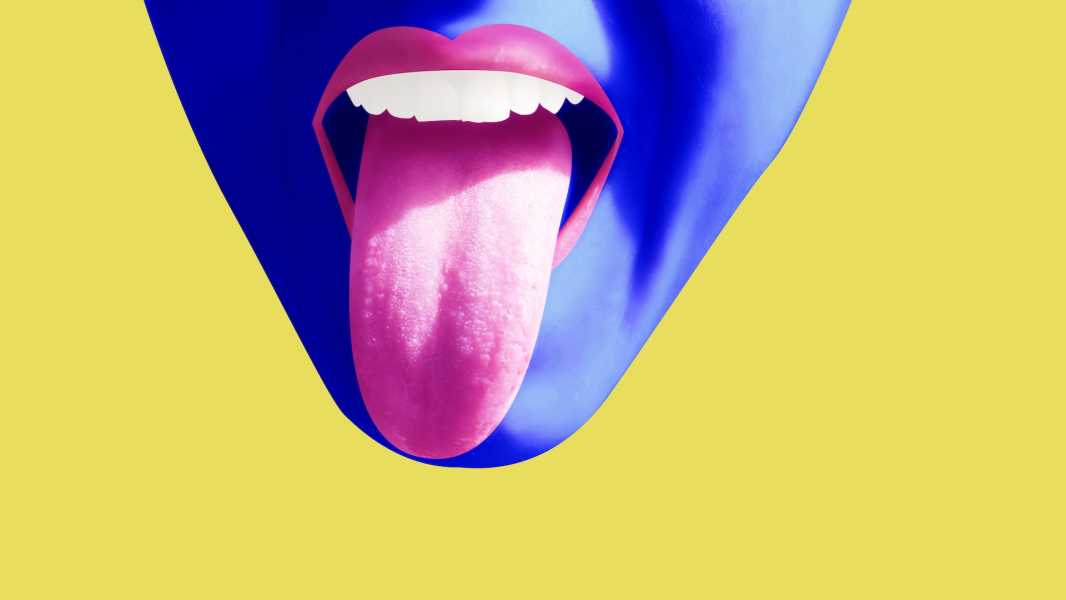
(Image courtesy of Evgeniya Arsentyeva via Getty Images)
Scientists have developed the first artificial tongue capable of sensing and recognizing tastes exclusively in liquid environments, mimicking the function of human taste buds.
The researchers say the achievement, described July 15 in the journal PNAS, could lead to automated food quality control systems and early disease detection through chemical analysis.
The technology also has the potential to be integrated into laboratory tools for chemical analysis of liquid samples. Researchers see it as a step toward “neuromorphic computing” — artificial intelligence systems that mimic the brain’s learning process.
You may like
-
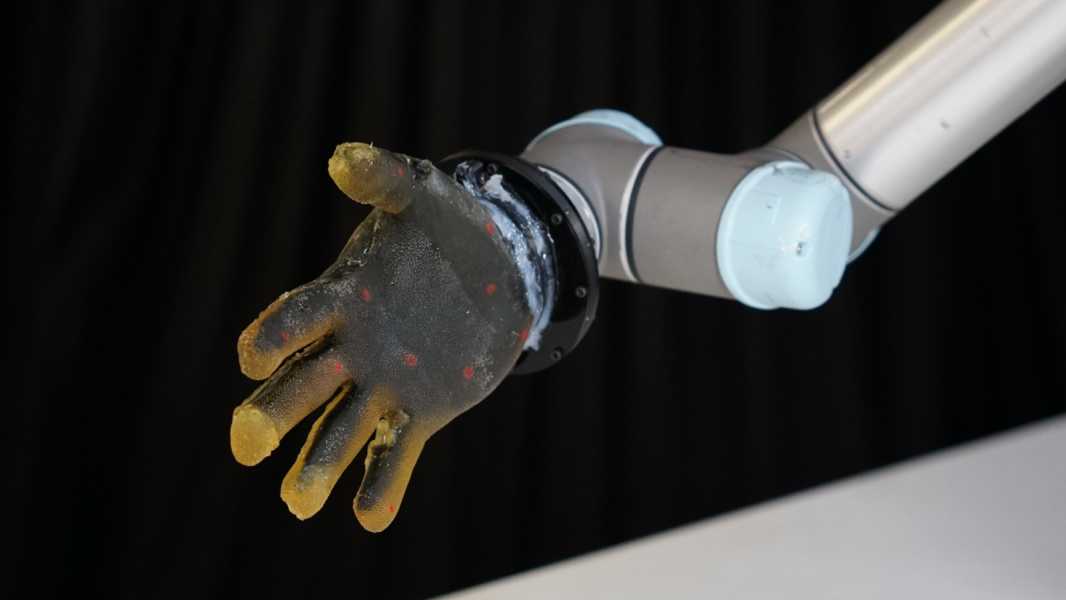
Scientists have burned, punctured and cut a new robotic material that can 'feel everything'
-
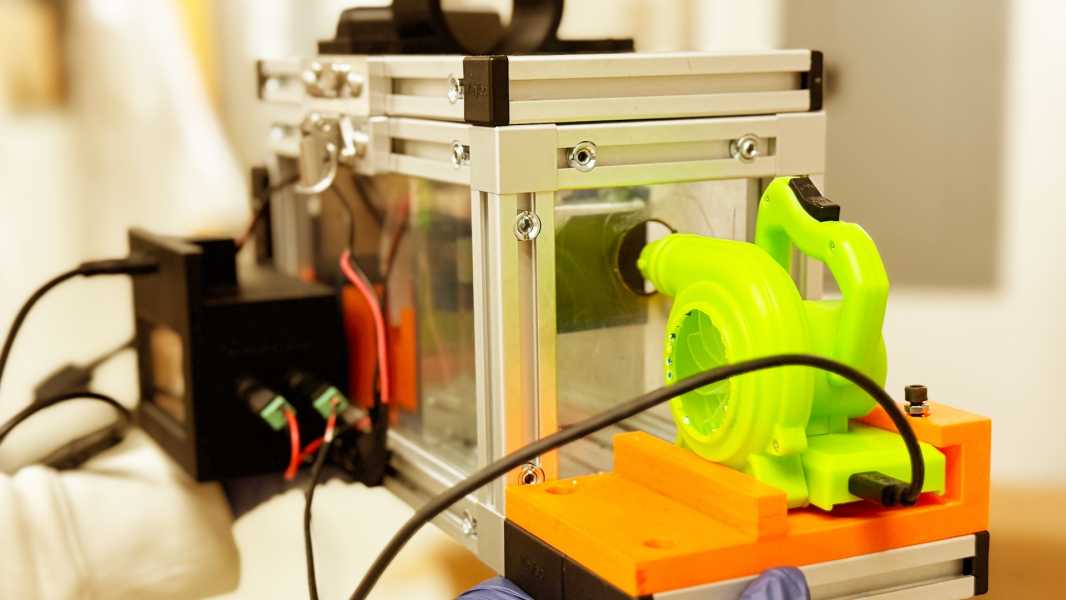
Scientists claim new 'breathalyzer' could detect signs of disease in human exhaled air
Sourse: www.livescience.com



